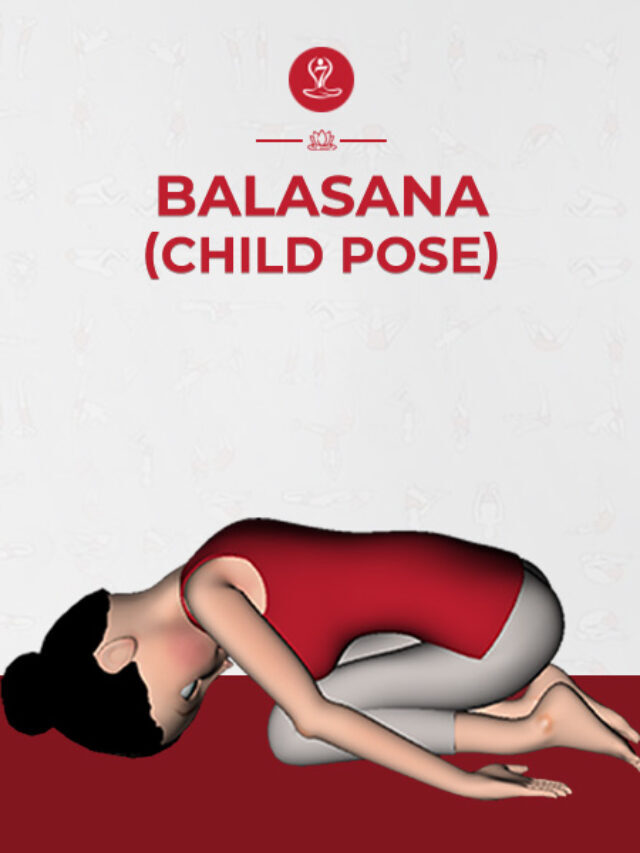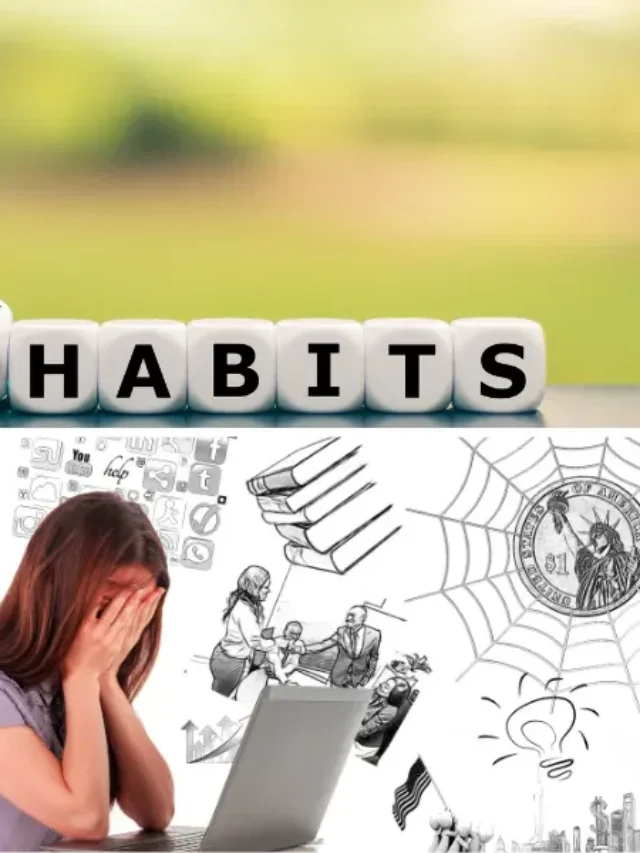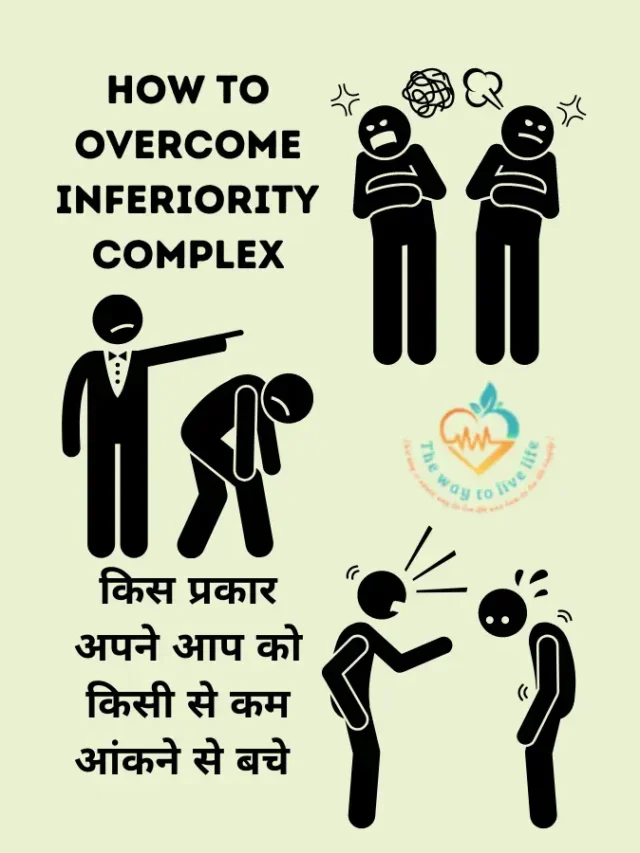1. Emotional Intelligence: Why It Can Matter More Than IQ
“In a very real sense we have two minds, one that thinks and one that feels”. If you want to know why and how it determines your success patterns and affects your overall life, then, this book written by renowned neuroscience and psychology expert, Daniel Goleman, is a must read. The book very intelligibly specifies the five crucial characteristics of emotional intelligence and also helps you understand how you can put your ration and emotional intelligence together to shape your destiny for the best.
2. Emotional Intelligence 2.0
This book, authored by Patrick M. Lencioni, Travis Bradberry and Jean Greaves, is a great asset if you are interested in learning the ways to use and boost your EQ to improve the quality of your life. An excerpt from the book reads, “Good decisions require far more than factual knowledge. They are made using self-knowledge and emotional mastery when they’re needed most.” It not only helps you be emotionally strong, but also teaches you the core skills of mindfulness and the art of self-awareness.
3. The EQ Edge: Emotional Intelligence and Your Success
Authored by Howard Books and Steven Stein, The EQ Edge introduces you to the value and effects of emotional intelligence. The book very finely explains how “Emotional self-control – delaying gratification and stifling impulsiveness – underlies accomplishment of every sort”. The book helps you understand the basis of emotional intelligence, which is an essential ingredient for having an optimistic vision, boosting your confidence and build more meaningful and successful relationships.
4. Coaching for Emotional Intelligence – ‘The Secret to Developing the Star Potential in Your Employees’
Bob wall has skillfully explained what Daniel Goleman once quoted – “Leadership is not domination, but the art of persuading people to work toward a common goal.” The planned strategy in the book is ideal for corporate managers who wish to address their employees’ emotional intelligence along with performance levels. It helps the managers understand the importance of being emotionally empathetic and the art of pleasant interaction and corrective coaching to help reach their full potential and become better leaders.
5. The Language of Emotional Intelligence
In this book, Jeanne Segal has used five essential tools to explain a very simple message – “The key to coping with questionable emotions is knowing that we are in control of them, and not the other way around,” which ultimately helps in enhancing your communication skills, diffusing conflicts, building a positive rapport and ultimately building effective and powerful relationships. The book also conveniently introduces the tools you can incorporate in order to remain focussed and calm during heated discussions. You also learn to read and decipher non-verbal cues once you have read the book.
Whether you are an entrepreneur or an employee in an organisation, reading at least one of these books will definitely give you the much-needed insights that will help you develop better relationships in life. After all, when it comes down to measuring success, it majorly depends upon the kind of relationships you build during the tenure.










